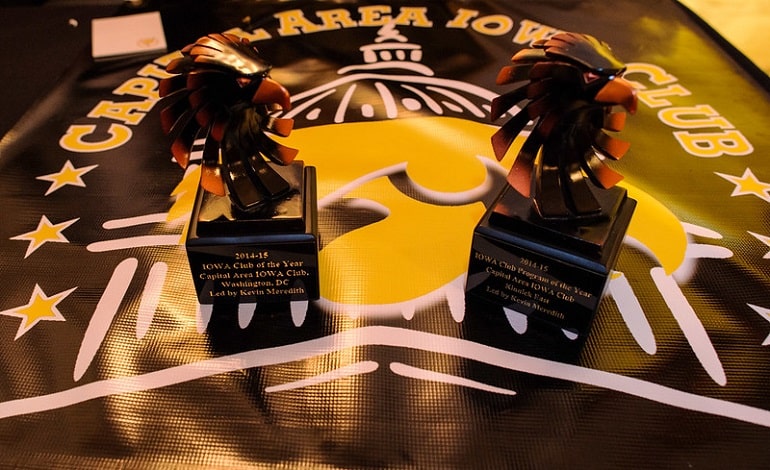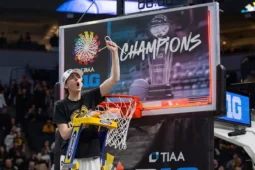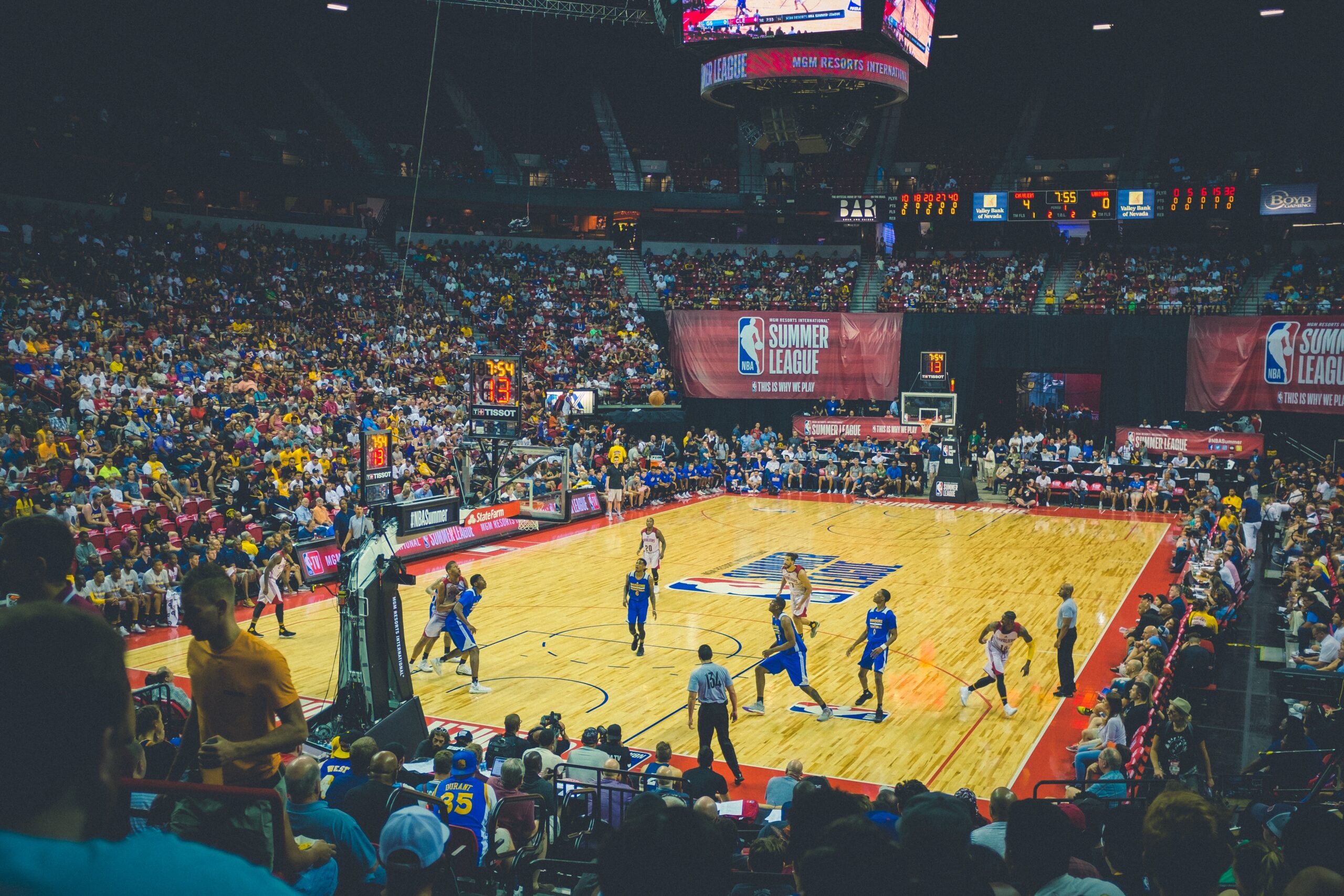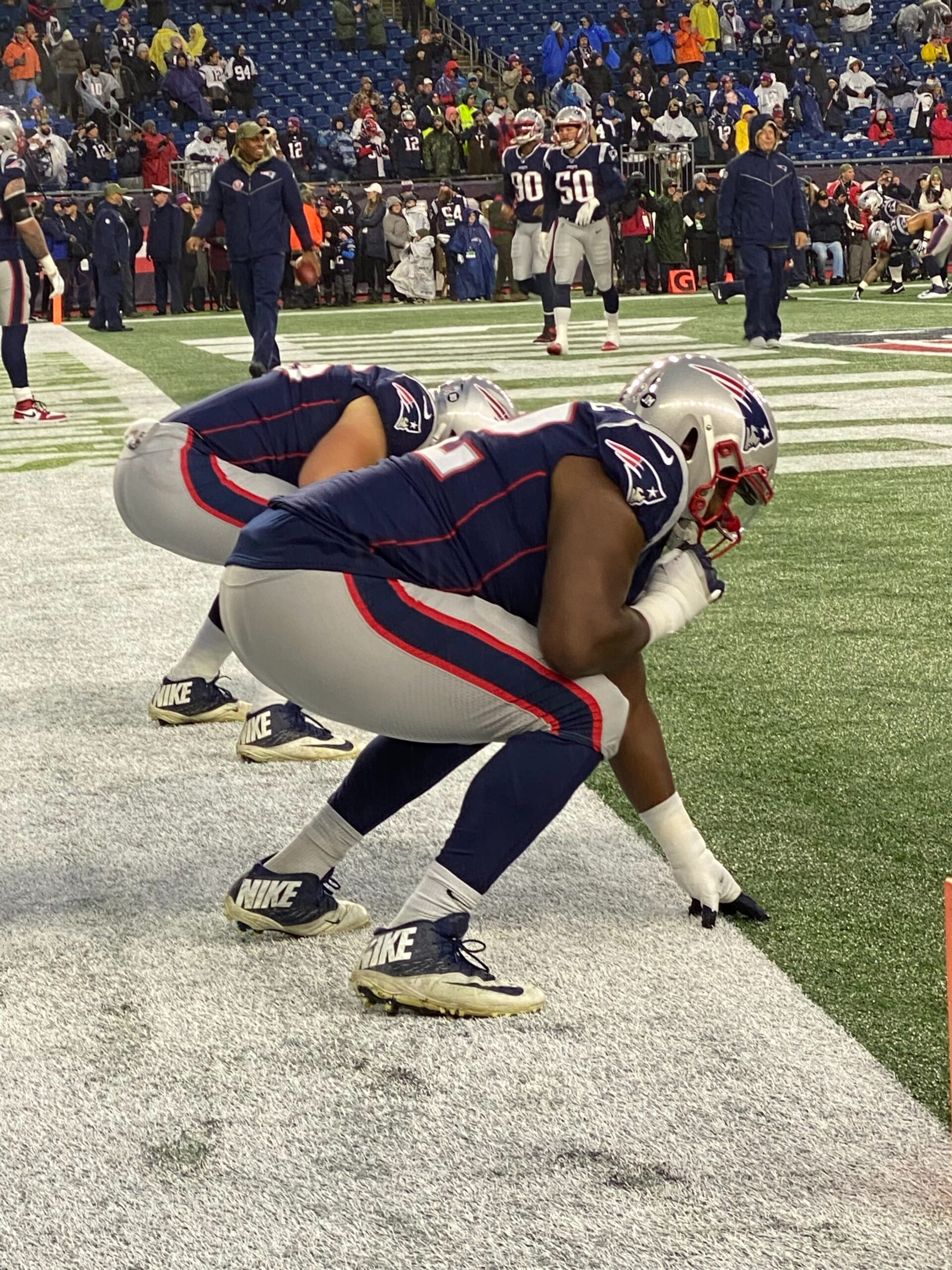The University of Iowa has announced that the athletic department will pay the state back $2 million. This $2 million came from the taxpayers as a way to cover part of a $4.2 million deal to settle a previously filed discrimination lawsuit.
The lawsuit was filed against IU athletics and coaches on behalf of 12 former football players. This was all announced at a press conference by UI President Barbara Wilson.
“I appreciate the work and due diligence of the Iowa Attorney General and State Appeal Board,” Wilson said through a statement. “After listening to the concerns of Iowans, and in consultation with Board of Regents leadership, I have determined that the University of Iowa Department of Athletics will reimburse the state general fund for the $2 million due to the recent settlement.”
Recently, the State Appeal Board voted 2-1 to settle the lawsuit from 202, funding almost half of the payout with taxpayer dollars coming from the general fund of the state. The university covered the last $2.175 of the settlement.
A deeper look into Iowa Athletics salaries and contracts
Situations like these lead to a further look into the contracts and salaries of those in charge. In this instance, there have been direct challenges about the continued employment of Athletic Director Gary Barta. The state auditor voted against the settlement, stating that he could not support using taxpayer funds in the settlement so long as Barta remained at his helm.
Given Iowa Athletics involvement in other discrimination settlements in the recent past, the concern from the state auditor seems legitimate.
Wilson will not answer questions about Barta’s employment. In the 2022 budget year, Barta made $1.2 million and has a base annual wage of $650,000 which runs through June 2024. He has bonuses for student-athletes hitting academic marks, the department achieving financial and operational stewardship goals, and hitting goals established from the IU president (Wilson).
As per his contract, Barta is eligible for termination for “cause”, which includes “a serious or prolonged failure to perform the duties; violation of UI or regent policy “involving dishonesty, moral turpitude or conflict of interest”; program violations of Big Ten or NCAA rules; and a list of other things.
In order to terminate him, UI would be required to give Barta 30 days’ notice and continue to pay him the base wage until the date of termination. A “without cause” termination would require UI to pay him his base wage of 24 months. This equates to $1.3 million as well as some deferred salary.
State Auditor Rob Sand's letter to the State Appeal Board regarding the proposed settlement of the discrimination lawsuit against the University of Iowa. pic.twitter.com/KlpIVWKug1
— State Auditor Rob Sand (@iastateauditor) March 6, 2023
Response from lawmakers
House Study Bill 229 was introduced recently, mandating that Iowa’s public universities reimburse it for any of the costs associated with settlements that have ties to athletics.
The bill is being pursued even after the aforementioned statements from Wilson. This bill would require reimbursement for any judgement or award that is tied to “conduct or actions of an employee of an athletic department” from a public university. Furthermore, the money that is used to cover those reimbursements cannot come from any state appropriations.
A regent’s representative for Iowa noted that UI Athletics is self-sustaining. They also clarified that they do not receive tax revenue or tuition revenue. That said, the main campus of UI loaned the athletics department $50 back in June 2021 to help with losses created by COVID. As of July 2022, however, the athletic department has paid back just $3 million to the campus.
State representatives like Rep. Carter Nordman and Auditor Sand have publicly thanked Wilson for her response. The belief is that the university is showing accountability in the face of questioning.
State Appeals Board is meeting now – they’ll vote to approve or block the $4M settlement agreement on the racial discrimination lawsuit against University of Iowa’s football program. Iowa’s Athletic Dept. would pay out $2.175M & taxpayers would pay out the remaining $2M. pic.twitter.com/DEmyx38dSs
— Amanda Rooker KCCI (@ARookerKCCI) March 6, 2023
Kirk Ferentz’s response
In the wake of the settlement, head coach Kirk Ferentz had a statement issued. The settlement included non-monetary terms including offering mental health counseling for a year, sending 10 student-athletes to the annual Black Student Athlete Summit, hiring a diversity consultant, and providing tuition support to the 12 players who sued.
“I am greatly disappointed in how this legal matter was resolved,” Ferentz said in his statement. “The settlement negotiations took place between plaintiff’s counsel and the Iowa Attorney General’s Office, which represents the University of Iowa and the Board of Regents. These discussions took place entirely without the knowledge or consent of the coaches who were named in the lawsuit.
“In fact, the parties originally named disagree with the decision to settle, fully believing that the case would have been dismissed with prejudice before trial.”
Whatever opinions may be, Iowa will no doubt be looking to issue payment and move past this. The program is generating record income, earning $126.8 in 2022 – the most it has ever earned. It is expected to hit the $129 million mark during 2023, including nearly $23 million coming from football-related income.
Iowa Head Coach Kirk Ferentz says he's not happy about the University of Iowa's $4.2 million settlement following a racial discrimination lawsuit against the football program.https://t.co/szIaeD1N1r
— FOX 42 KPTM (@FOX42KPTM) March 7, 2023
Credits on Featured Image: Justin Torner/University of Iowa









